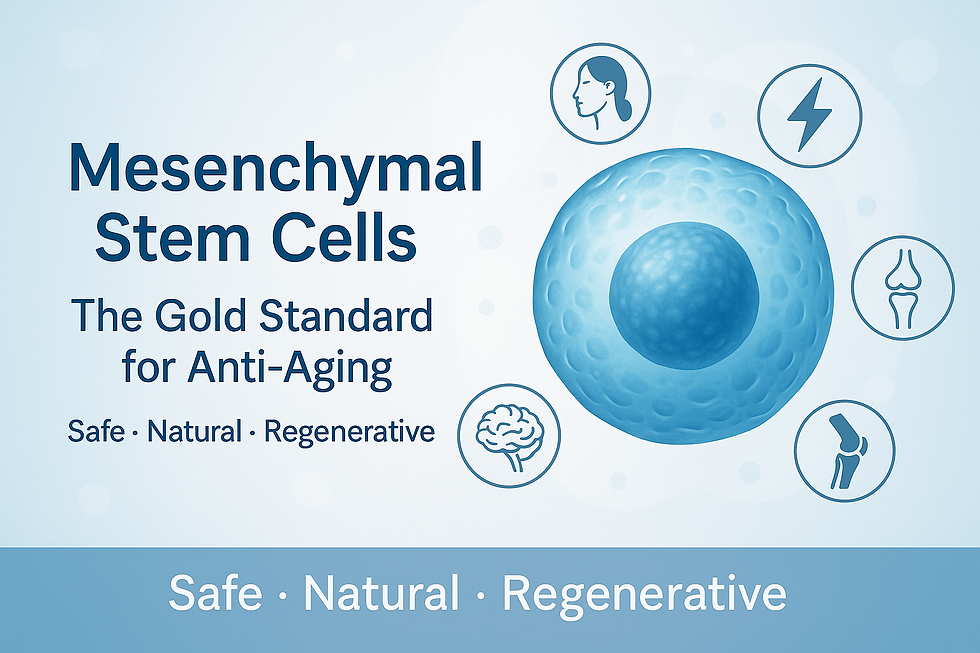Stem cells for cardiac function in the elderly
- Revival Clinic Team

- Jan 8, 2020
- 2 min read
Updated: Jul 26, 2021

Aging and heart disease
When you get older, your heart can't beat as fast during physical activity or times of stress as it did when you were young but this is only one of the effects aging has on our heart.
People age 65 and older are at a greater risk of suffering a heart attack, having a stroke, or developing coronary heart disease (commonly called heart disease) and heart failure. Heart disease is also a significant cause of disability, limiting the activity and eroding the quality of life of millions of older people.
The importance of stem cells for cardiac function in the elderly.
Finally, it has been accepted that heart muscle cells can be regenerated after birth, despite mature heart muscle cells being withdrawn from the cell-division cycle soon after birth. Therefore when the heart muscle cells die, replacement cells can only be produced from cardiac stem cells! However, in elderly patients with severe systolic dysfunction, there is a buildup of damaged cells in the heart. Patients with severe blockages caused by the narrowing of blood vessels suffer excess tissue problems, which leads to a reduction in the efficiency of circulating vascular stem/progenitor cells to repair tissue damage. This condition has led several researchers to use stem cell transplantation as a means to boost the regeneration of heart tissue in a process referred to as heart rejuvenation.

Stem cell transplant as the therapeutic for Heart disease.
There have recently been successes in treating cardiovascular diseases using alternative approaches to regenerative medicine. Systemic treatments involving the pharmacological removal of damaged cells block pro-survival and anti-apoptotic(self-destruction) pathways in these damaged cells and restore a juvenile micro-environment through various cell therapies based on introducing young, healthy stem cells to a diseased heart to protect from heart muscle cell death and promote cardiac repair. They also investigated, in the laboratory, rejuvenation of reparative cells through the pretreatment of stem cells isolated from old diseased animals followed by delivery back into the body. This approach was aimed at suppressing modifications caused by the aging process, and epigenetic drugs were shown to at least partially restore changes associated with systemic disease. Another method was the genetic modification of stem cells to enhance functionality, such as the over-expression of the pro-survival kinase Pim-1 or nucleostemin to reverse cellular damage. Further studies have demonstrated the potential of these alternative treatments.
Heart-Healthy Lifestyle

Heart-healthy eating
Aiming for a healthy weight
Managing stress
Physical activity
Quitting smoking

by Dr. Chontirot Srikasedsarakul
Dr. Chontirot Srikasedsarakul is a specialist in Genomics, Dermatology and Aesthetics. She has received qualifications from numerous educational institutions like Stanford University, U.S.A.; the University of Queensland, Australia; Chulalongkorn University, Thailand and the American Board of Anti-Aging Medicine.





Comments